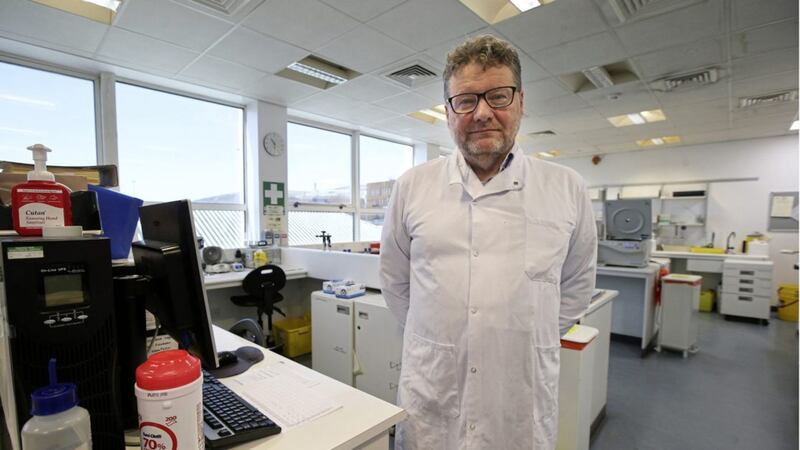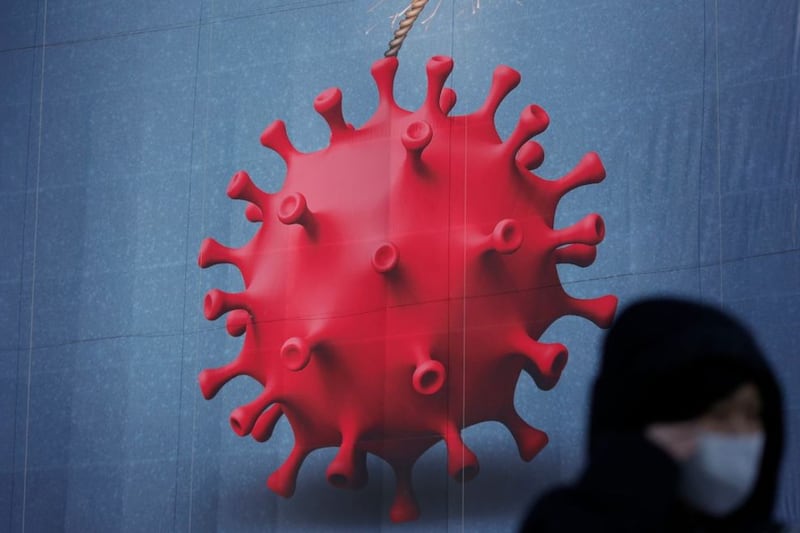ONE of Northern Ireland's top virologists says he does not believe the newly detected Brazilian variant will "take off" in the same way as the highly transmissable Kent strain.
Dr Conall McCaughey also stressed that variants will continuously emerge but that vaccines can be modified or "tweaked" to offer protection.
Six cases of the Brazilian variant were confirmed in the UK for the first time at the weekend, three in England and three in Scotland.
All but one of the cases are linked to travel, with a search ongoing to trace the person infected with the new strain, after they used a home testing kit but didn't complete a registration form.
There are concerns that the Brazilian variant may be more infectious than the original virus and less resistant to the existing vaccines.
Subscribe to our Morning newsletter
Dr McCaughey, who is based at the regional virus laboratory in Belfast, said that while the emergence of infectious strains was "a worry", people should be prepared for further mutations to be reported.
"We have to get used to variants coming along. We have to modify and tweak the vaccines. I don’t think that any of the newer variants – the South African or the Brazil – are actually going to take off the way the B.1.1.7 (Kent variant) took off. It transmitted about one-and-a-half times as efficiently as the original virus," he said.
Read More: Hunt for mystery person carrying Brazilian strain of Covid-19
"So they won’t readily out-operate this other variant. I don’t think anything will happen as dramatic as happened with the UK variant. From mid-December until now we went from it being very uncommon to being by now the main variant and is now in over three-quarters of cases."
The expert along with a team of scientists are involved in geonome sequencing work at the regional lab on the Royal Victoria hospital site, with testing scaled up massively to 300 samples a week from around 50 a week in December.
He said the vaccines have worked "much better then we could have ever hoped for" but urged caution coming out of lockdown.
"Hopefully we have an endgame in sight. We can’t predict the order of elements returning to normal. But we have to assume we're on the route out and by summer and beyond we will get to a phase that feels more normal and that will include the educational, economic and social aspects," Dr McCaughey said.
"We have a slightly difficult period before we can to that point - and it's important we don't go too fast. I trust the medical and scientific advice and I hope the Executive listen to it, and proceed with a degree of caution."




